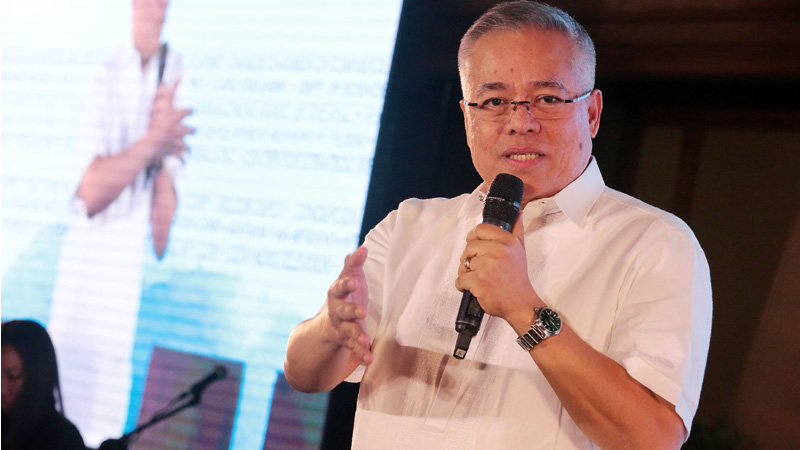China will buy $1 billion worth of Philippine agricultural products and one of the vice-premiers of the Chinese State Council will visit the country this month to sign the purchase agreement, Trade Secretary Ramon M. Lopez said Wednesday.
A source familiar with the issue said that Vice Premier Wang Yang would go to the Philippines later this month for the signing. There are four vice-premieres in the Chinese government’s State Council.
Further details of the agreement, including the schedule of payment for the products, have not been made available to media. However, Lopez said that this would cover “almost all of the tariff lines,” including fisheries, chicken and duck meat, and fruits such as banana, pineapple and mango.
The scheduled arrival of the vice premier in mid-March follows the visit of newly appointed Chinese Minister of Commerce Zhong Shan on Wednesday. Zhong and Lopez signed the summary of discussions for the 28th Philippines-China Joint Commission on Economic and Trade Cooperation (JCETC), marking the resumption of the bilateral initiative after a five-year hiatus.
Lopez previously said that the two governments would also sign this month the Six-Year Development Program for Economic and Trade Cooperation (SYDP), which would serve as the overall framework for bilateral economic cooperation within this administration.
Ties between China and the Philippines have seen signs of improvement following a softer stance of the Duterte administration toward asserting the country’s right over a dispute area in the West Philippine Sea.
Such improvements include China’s decision to lift the import ban on Philippine pineapples and bananas in October last year.
Lopez also said that China would soon donate $1 million for the rehabilitation of Surigao del Norte, which recently suffered from a magnitude 5.9 earthquake.
The government has also identified the first batch of projects to be funded by China: The Chico River pump irrigation project ($53.9 million), the New Centennial Water Source-Kaliwa Dam project ($374 million) and the South line of the North-South railway ($3 billion).
